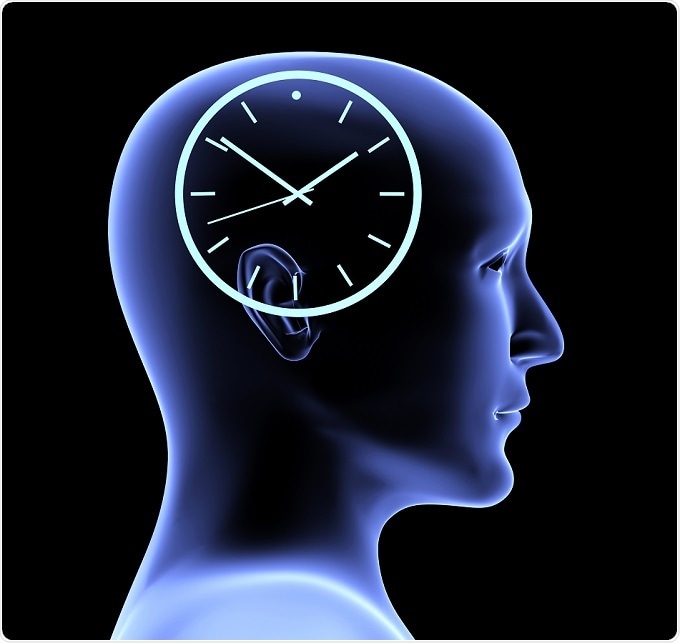Aug 24 2017
A new study conducted at the Swinburne’s Centre for Mental Health suggests that the reward center of the brain works differently across the day, with it’s peak being in the morning and evening.
 Credit: Lightspring/Shutterstock.com
Credit: Lightspring/Shutterstock.com
The study, conducted by PhD student Jamie Byrne and her supervisor Professor Greg Murray, indicates that there is a possible connection between the brain’s reward system and the internal clock which primes 24 hr psychological and physiological functions.
They said that for neuroscience research, which generally avoids the time of the day at which the investigation of the brain is done, their findings have significant implications.
It was hypothesized by the researchers that the reward pathways of the brain might show foreseeable variation throughout the day as they are partially driven by the body clock or the circadian system.
In the trial, a gambling task was given to 16 right-handed healthy men at different times of the day: 10am, 2pm, and 7pm and from a range of cards from 1 to 9, they were asked to predict the value of one card. For the best performance in the three times, a financial bonus was provided to the participants after the completion of the test.
During the test, the brains of the participants were monitored using functional Magnetic Resonance Imaging.
Ms. Byrne said that comparing to the start and end of the day, the measurement of activity in the left putamen (the reward center that is situated to the base of the forebrain) were consistently lowest at 2 pm.
The findings of this study remain contrary to prior studies which indicate that the behavioral measures of activation of the reward center are peak during the early afternoon.
Ms. Byrne said: “The brain is 'expecting' rewards at some times of day more than others, because it is adaptively primed by the body clock”.
The data obtained in the study proposes that the reward center of the brain might be primed in order to expect rewards during early afternoon; but gets surprised when they appear during the beginning or end of the day, she added.
These findings, with possible implications in the treatment of bipolar disorder as well as other conditions, pave way for future studies for determining how various aspects of the brain reward differs across the day.